Implementation of the Digital Waste Bank System in Overcoming Non-organic Problems in Katung Village, Kintamani
On May 16, 2022, the Industrial Engineering Undergraduate Study Program, Faculty of Engineering, Udayana University held a Community Service activity located in Katung Village, Kintamani. This activity is an implementation by the Industrial Engineering Undergraduate Study Program to one part of the Tri Dharma of Higher Education. The problems experienced by Katung Village are the lack of sufficient knowledge regarding proper waste sorting, non-organic waste processing techniques, and the supporting facilities for waste processing are still not optimal. This activity was attended by the executor of the activity including, Lecturers and several representatives of Industrial Engineering Undergraduate Students, administrators or repairmen from Katung Village.
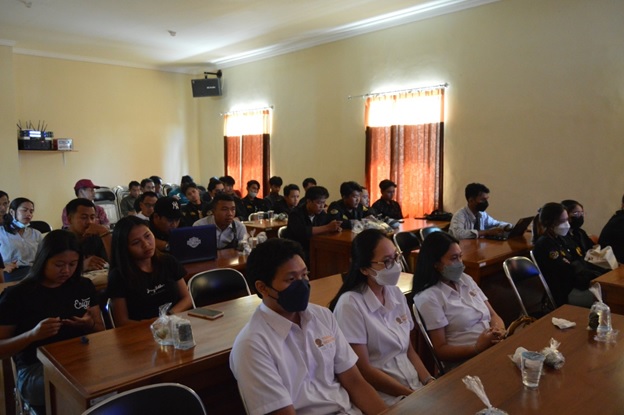
Previously, the Industrial Engineering Department of Udayana University had visited Katung Village to discuss the problem of the public's lack of understanding about the importance of waste sorting. This activity is divided into two sessions, the first session begins with door-to-door socialization by students to the local community on how to sort waste by providing an understanding of how organic waste can have value. Then, it was followed by a session on implementing a digital waste bank by the community. The month of May was used to carry out socialization and it is targeted that in June the Digital Waste Bank program has started to run.
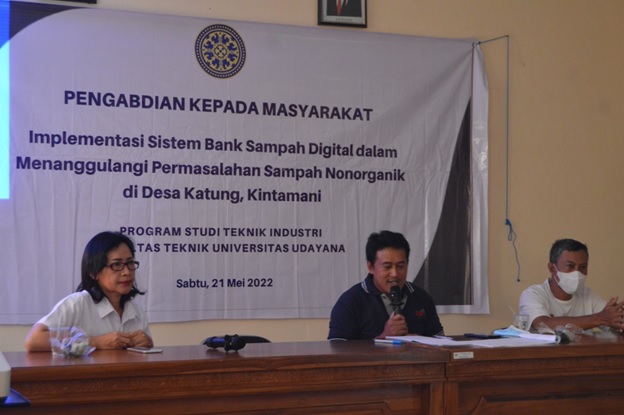
Wayan Sutika conveyed that a study conducted in Bangli Regency stated that it is expected that each person produces 0.4 kg of waste per day. Where the waste consists of 82% organic waste, 15% non-organic waste that can be recycled, 2% residue, and 1% specific waste. There are 105 to 207 types of waste sorting that must be done. However, realizing that it is a complicated matter for ordinary people, the public is only asked to prepare 3 types of containers for each household. This relates to three main patterns that must be carried out in household-scale waste management. So the waste will be divided into 3 types, namely: organic, non-organic, and residue. Especially for residues there are processing and handling methods. The processing method is the responsibility of the community as a waste producer. However, for some types of residues, special handling is needed which will be assisted by the village government later.
Coordinator of the Industrial Engineering Undergraduate Study Program, Dr. A. A. I. A. Komala Dewi, S.T., M.T. said that each head of the family will be provided with 3 containers to separate the types of waste that exist. The use of these three types of containers, among others, for sheet plastic (clear plastic, polybags, mica plastic, and the like), plastic bottles or scraps (containers or beauty materials, aluminum, buckets, and the like), and types of paper (cardboard, printing paper, and the like). The three types of containers are recommended to be placed behind the house and not exposed to sunlight or rain. During the socialization of the forum, it is hoped that all family members will be at home for a more thorough understanding. The Study Program has prepared 100 sacks and will distribute three types of containers each to each household.
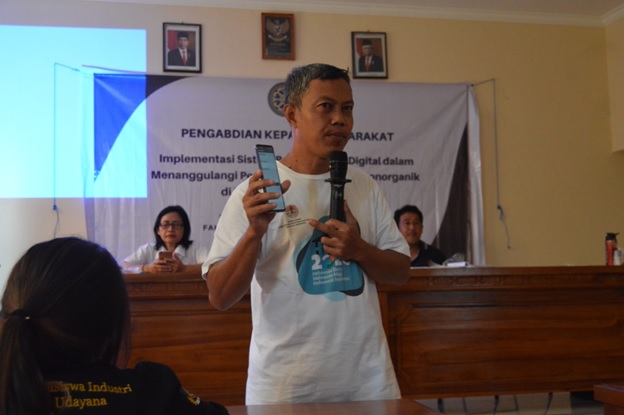
In addition, Wayan Sutika, a party from the digital waste management application, also discussed about digital-based waste management that must be known and studied by the public. From the existing waste problems, a digital waste bank application called DYWIK Kader was created to be a means of alleviating waste problems anywhere and can be used in Katung Village. DYWIK Kader has several service features regarding waste management, including a waste recording feature, a garbage delivery feature, balance/cash info, articles, and deposit and withdrawal reports. This application also provides information about the price of the type of waste received by the Waste Bank and the rupiah value that can be obtained by the community.
This event was concluded by Wayan Sutika that this activity was held to create an economic cycle in the village. It is hoped that the village community will not only reduce waste disposal but can also turn the waste into value and have a price.
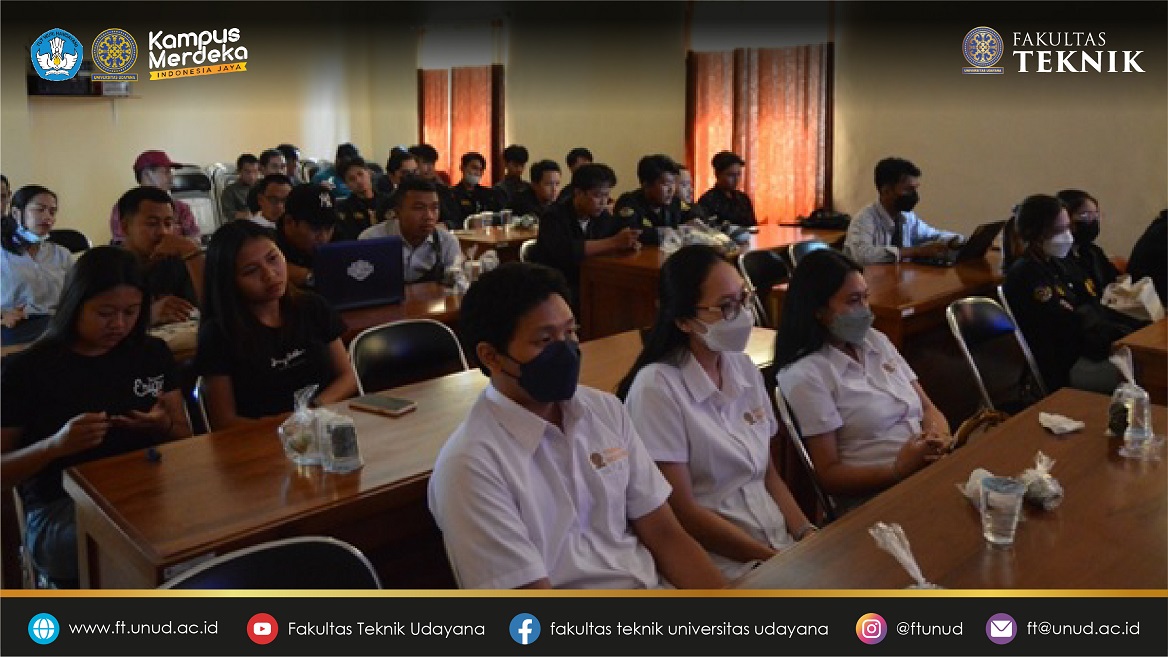
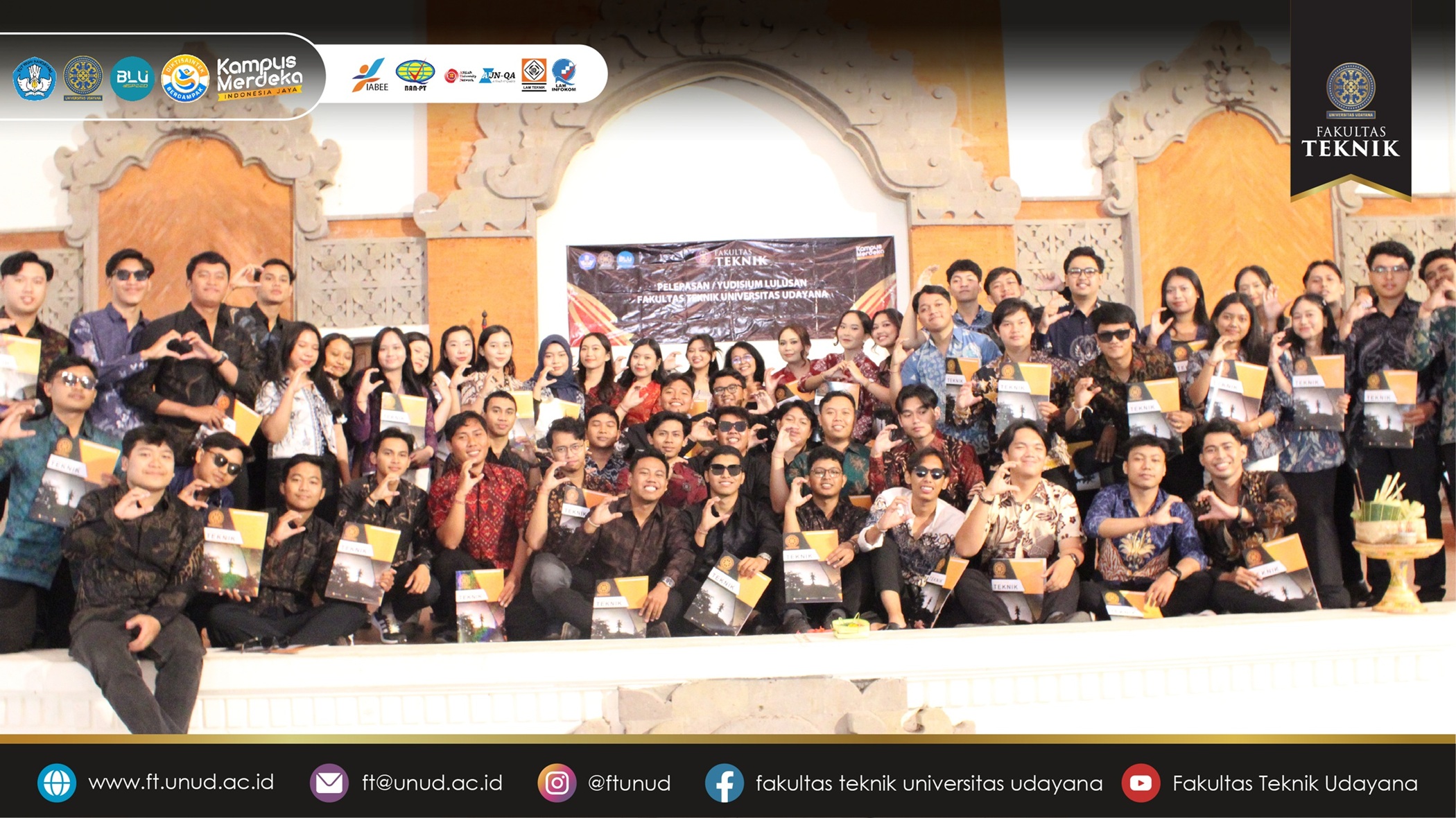
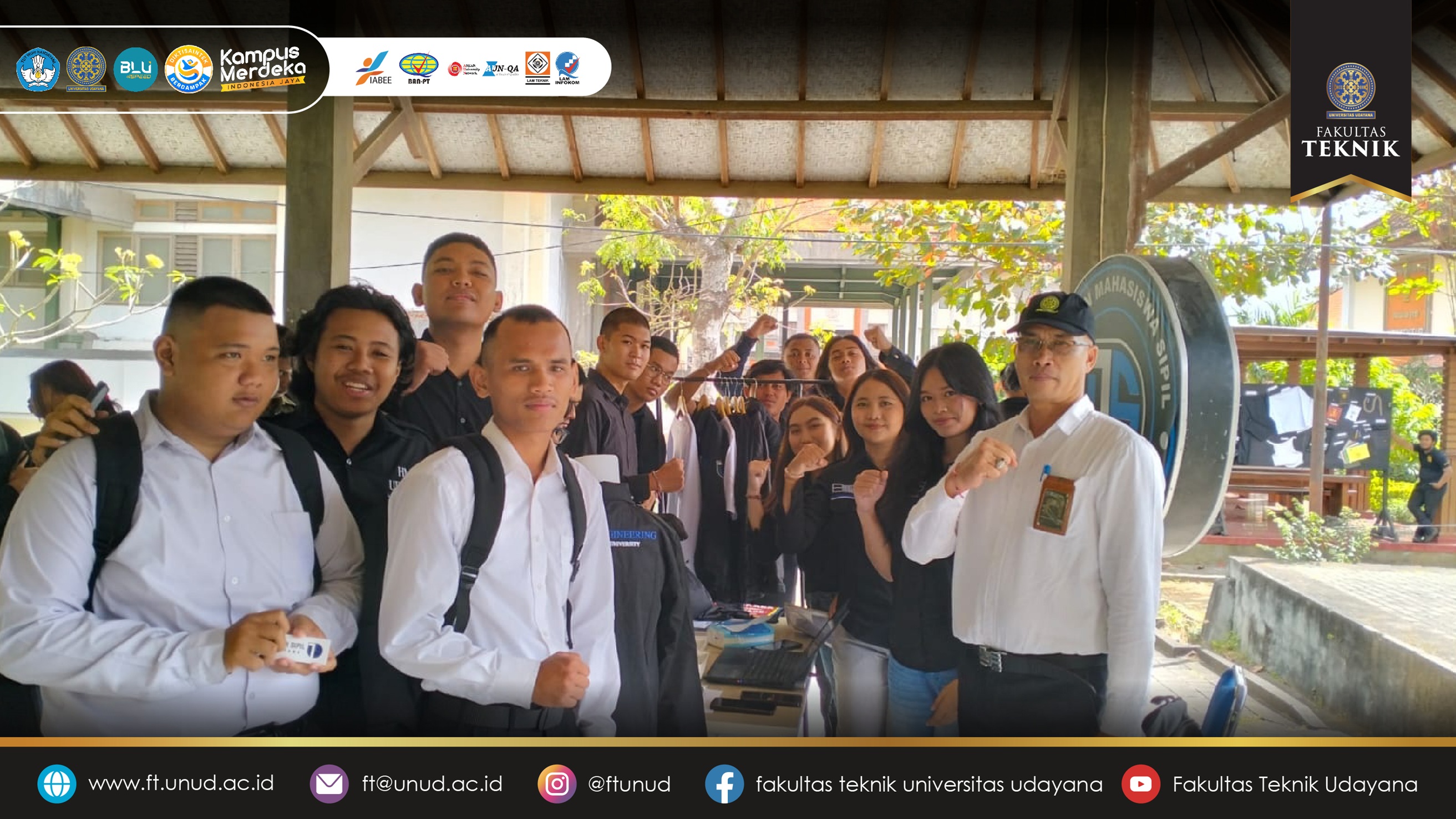
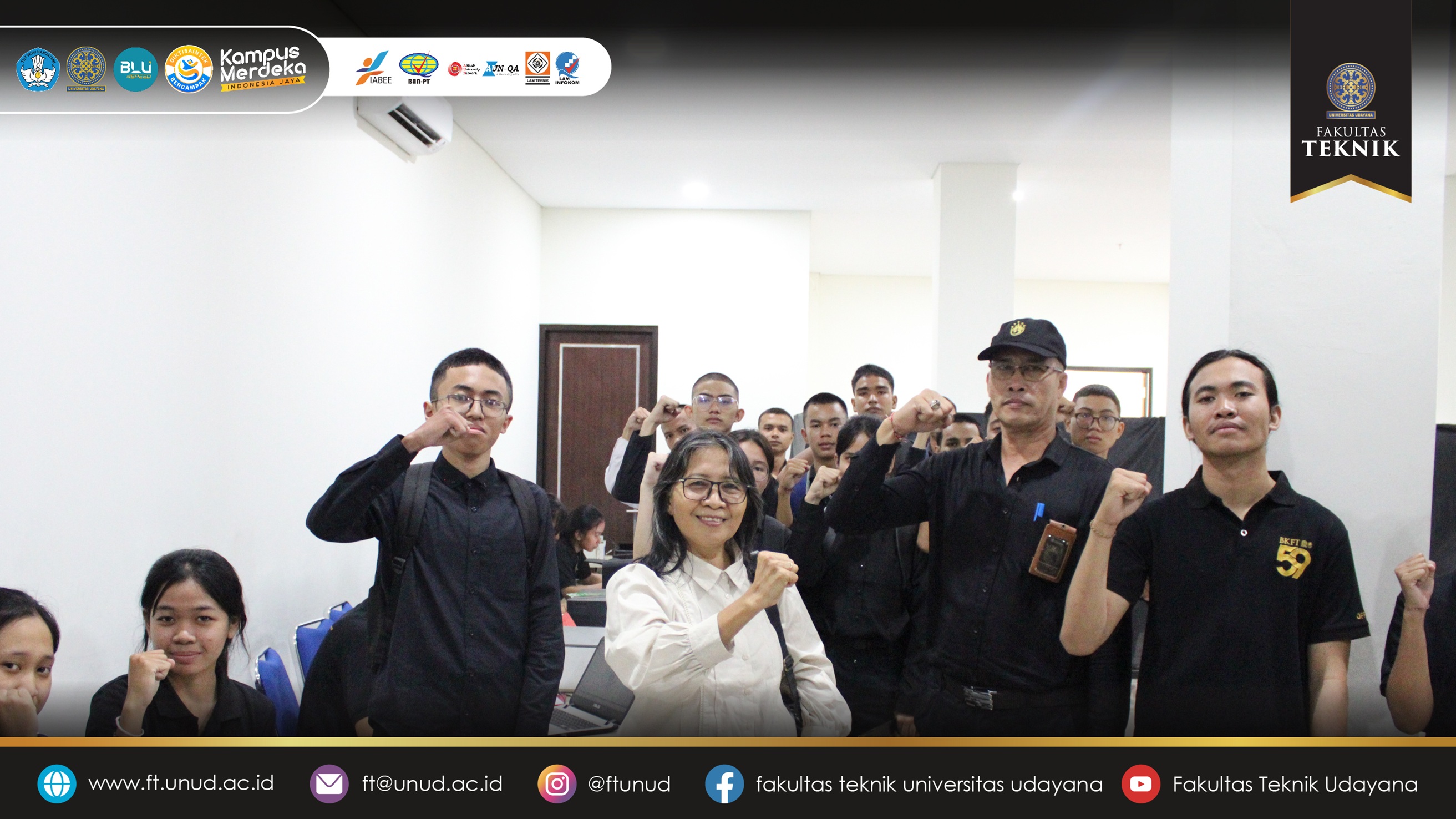
UDAYANA UNIVERSITY